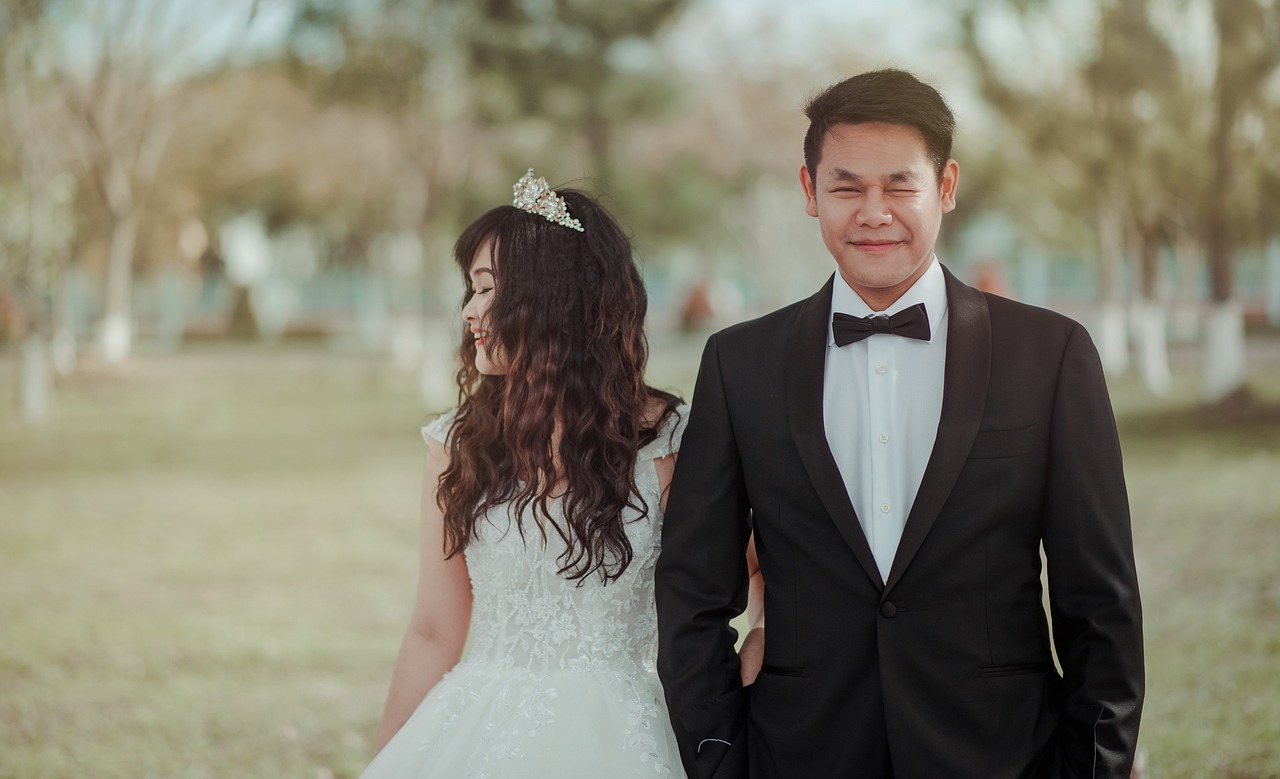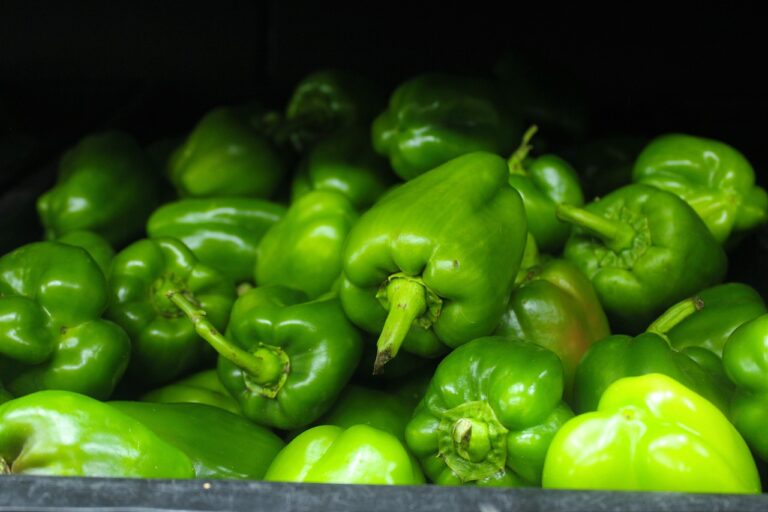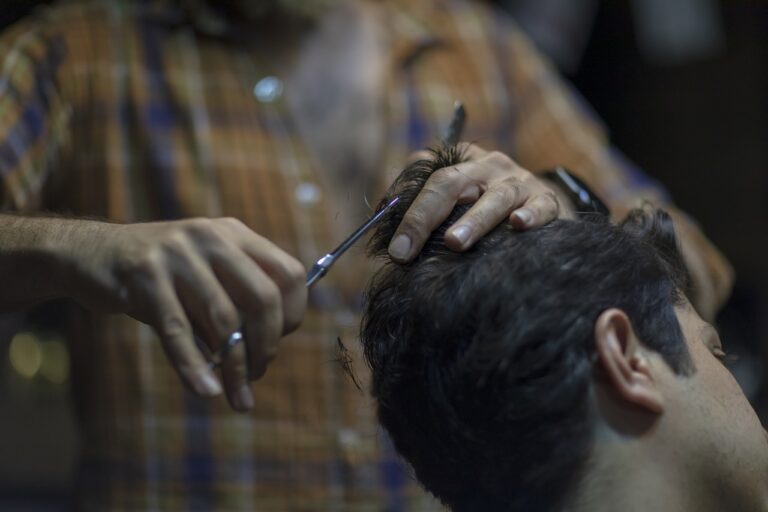The Influence of History on Modern Perfumery: Ancient Practices to Contemporary Trends
11xplay.online login, laser book 247.com, tigerexch247:Perfumery has been an essential part of human history for thousands of years. The use of fragrances dates back to ancient civilizations like the Egyptians, Greeks, and Romans, who used scents for religious rituals, personal adornment, and even medicinal purposes. The art of perfumery has evolved significantly over time, with each era bringing new techniques, ingredients, and trends to the table.
In today’s modern world, the influence of history on perfumery is still very much evident. Ancient practices have paved the way for contemporary trends, shaping the way we experience and appreciate fragrances. From the use of natural ingredients to the development of synthetic compounds, the evolution of perfumery is a testament to the ingenuity and creativity of humanity.
Let’s explore the fascinating journey of perfumery, from its humble beginnings to its current status as a multi-billion-dollar industry.
The Ancient World: Aromatic Beginnings
The history of perfumery can be traced back to ancient civilizations like Egypt, where fragrances were used in religious ceremonies, burials, and daily life. The Egyptians were known for their expertise in extracting fragrances from natural sources like flowers, herbs, and resins. They used ingredients like myrrh, frankincense, and rose to create complex, exotic scents that were coveted by royalty and commoners alike.
In Greece and Rome, perfumes were used for personal adornment and as offerings to the gods. The Greeks were skilled in the art of distillation, using methods that are still used in perfumery today. They introduced the concept of blending different scents to create unique fragrances, a practice that would become a cornerstone of modern perfumery.
The Middle Ages: Fragrance as Medicine
During the Middle Ages, perfumery took on a new role as a form of medicine. Perfumes were believed to have medicinal properties and were used to treat various ailments. Ingredients like lavender, rosemary, and cinnamon were used to create healing balms and ointments, which were applied topically or ingested for their therapeutic benefits.
The Renaissance: The Rise of Perfume as Luxury
In the Renaissance period, perfumery flourished as a luxury industry. Perfumers in Europe began to experiment with new ingredients like citrus fruits, spices, and animal essences, creating intricate, sophisticated scents that were favored by the aristocracy. Perfume bottles became elaborate works of art, adorned with intricate designs and precious stones.
The Industrial Revolution: The Emergence of Synthetic Fragrances
The Industrial Revolution brought significant changes to the world of perfumery. Advances in chemistry led to the development of synthetic fragrances, which could mimic the scents of natural ingredients at a fraction of the cost. Perfumers began to experiment with new synthetic compounds, creating innovative fragrances that were unlike anything seen before.
Modern Perfumery: A Blend of Tradition and Innovation
Today, modern perfumery is a blend of tradition and innovation. Perfumers continue to draw inspiration from ancient practices, using natural ingredients like flowers, fruits, and woods to create timeless scents. At the same time, they are constantly pushing the boundaries of creativity, experimenting with new materials and technologies to develop cutting-edge fragrances.
Contemporary Trends in Perfumery
In recent years, there has been a growing trend towards sustainability and transparency in the perfume industry. Consumers are becoming more conscious of the environmental impact of fragrance production and are seeking out brands that use ethically sourced ingredients and eco-friendly packaging. This has led to the rise of niche and indie perfumers who prioritize quality over quantity, creating unique, artisanal scents that stand out from the mainstream market.
Another trend in modern perfumery is the blurring of gender boundaries. Traditional notions of masculine and feminine fragrances are being challenged, with many brands releasing gender-neutral scents that appeal to a wider audience. Perfumers are also experimenting with unconventional ingredients and compositions, creating fragrances that defy categorization and traditional perfumery norms.
The Influence of History on Contemporary Perfumery
The rich history of perfumery continues to influence modern practices and trends in numerous ways. Ancient techniques like distillation and enfleurage are still used by perfumers today, albeit with modern adaptations. Natural ingredients like ambergris, musk, and oud, which have been used for centuries, remain highly sought after for their unique and alluring scents.
The art of blending different scents to create complex fragrances is another tradition that has stood the test of time. Perfumers draw inspiration from historical formulas and recipes, while also incorporating their own creative flair to develop new and innovative scents that capture the essence of a particular era or culture.
FAQs
1. What is the oldest known perfume in history?
The oldest known perfume in history is believed to be a fragrance called “Kyphi,” which was used in ancient Egypt for religious rituals and healing ceremonies. It was made from a blend of ingredients like myrrh, honey, wine, and aromatic resins.
2. How are perfumes made today?
Perfumes are typically made by blending essential oils, aroma compounds, and solvents like alcohol or oil. Perfumers use a combination of natural and synthetic ingredients to create complex, multi-layered scents that last on the skin.
3. What is the significance of wearing perfume?
Wearing perfume is considered a form of self-expression and personal adornment. Scents have the power to evoke emotions, memories, and feelings, making them a powerful tool for enhancing mood and confidence.
4. Are natural or synthetic fragrances better?
Both natural and synthetic fragrances have their own unique advantages and disadvantages. Natural fragrances are prized for their authenticity and complexity, while synthetic fragrances offer consistency and cost-effectiveness. Ultimately, the choice between the two comes down to personal preference.
5. How can I make my perfume last longer?
To make your perfume last longer, apply it to pulse points like the wrists, neck, and behind the ears. Avoid rubbing the scent into your skin, as this can break down the fragrance molecules. Additionally, layering scented products like body lotion or oil can help prolong the longevity of your perfume.
6. What are some upcoming trends in the perfume industry?
Some upcoming trends in the perfume industry include the use of sustainable and natural ingredients, innovative packaging designs, and personalized fragrance experiences. Brands are also exploring the concept of “olfactory branding,” creating signature scents that are unique to their brand identity.
In conclusion, the influence of history on modern perfumery is undeniable. Ancient practices have shaped the way we create, experience, and appreciate fragrances, while contemporary trends continue to push the boundaries of creativity and innovation. Perfumery is a timeless art form that has evolved with the times, yet still retains the essence of its rich and aromatic past.







